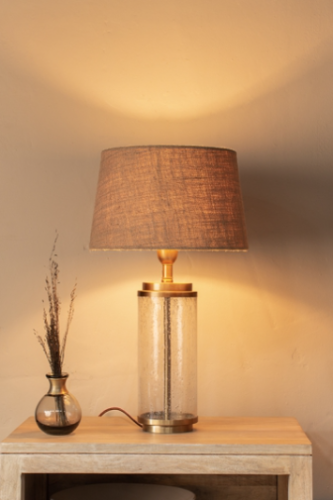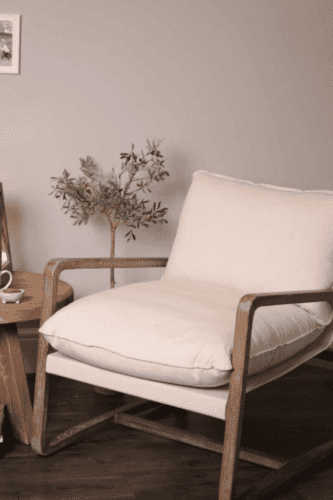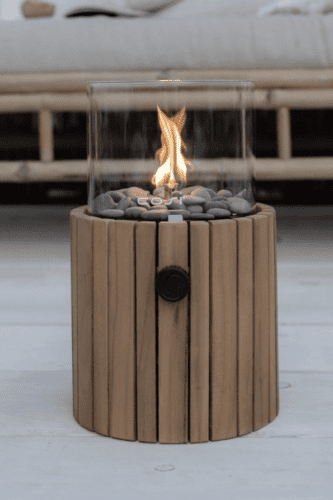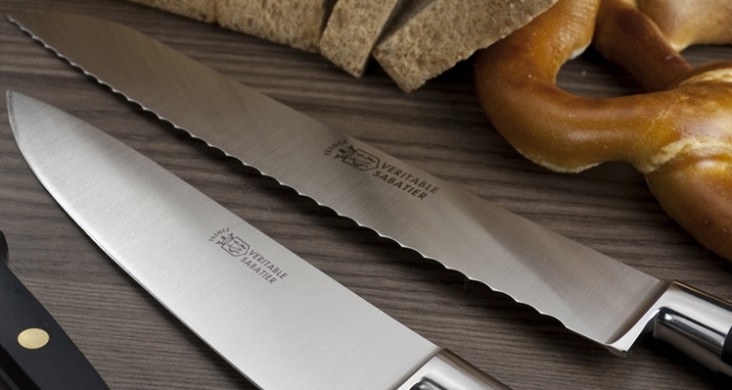A good set of kitchen knives are a chef’s best friend, and with a little love and care, they can last for years, and still work as efficiently as though they were new. Keeping clean, sharp, good quality kitchen knives to hand will keep your kitchen running efficiently and safely.
1. Keep your knives dry:
Knives can rust, even when you may think they are not doing. Do not leave them to soak, dry them immediately after washing, carefully and thoroughly.
2. Do not put knives in a dishwasher:
The extreme heat and chemicals used in a dishwasher can cause a lot of damage to your kitchen knives. Add to this that they clunk against other objects, and can become damaged and are left to stand in a hot, moist environment which is a bad idea all round!
3. Use a wooden chopping board:
Chopping onto glass, metal, slate etc can cause severe damage to your knife blade, as the surface is too abrasive. A good quality, wooden chopping board will protect your knife blade, as the sharp blade will be cushioned by the soft wood grain as opposed to meeting a harsh surface which blunts it. For top quality wooden boards, have a look at our Handcrafted Chopping Boards by C4 Designs.
4. Hone your knife regularly:
Not to be confused with sharpening. A honing steel (a long, thin metal rod with a rubber or plastic handle) is used to keep your knife blade straight. Every time a knife is used, it bends slightly from the contact with food, and the chopping board. Using a honing steel straightens out any tiny kinks built up over time, and keeps the blade working like new.
5. Sharpen your knife regularly:
Equally, not to be confused with sharpening. You need to sharpen your knives with professional sharpening equipment or a whetstone. How often you sharpen your knives will be determined by how often you use them. A good way to tell if they are in need of sharpening though, is to cut through a single sheet of paper. If your knife slices through easily, you’re good for a little longer. If it does not, however, it’s time to get sharpening.
6. Keep them clean:
Leaving food residue on a knife will cause bacteria to build up, which could be passed to your food, and can also cause knives to rust. Keep them clean by washing them in hot soapy water after use, and immediately drying them. Do not use harsh detergents or cleansers containing chlorine bleach, as these can accelerate corrosion of the blade steel.
7. Store them individually:
Keep your knives in a knife block, or sheathed in a drawer. Storing knives loosely will cause them to grate against each other and damage each other.
So remember, if you are going to invest in a good quality knife, treat it properly and it will serve you well. Keep it clean, keep it dry and keep it sharp.
Safety Tip: A blunt knife is more likely to slip and cut you than a sharp one. While a sharp cut may be more severe, a cut from a blunt knife will be messier and take longer to heal.







